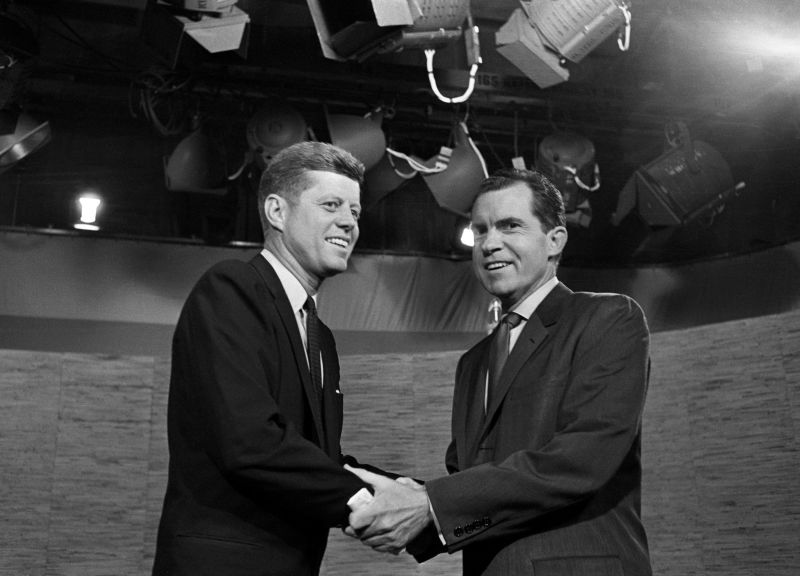What the 1960 Election Can Teach Us About the Peaceful Transfer of Power
The 1960 presidential election serves as a significant example of the peaceful transfer of power in the United States. Despite electoral irregularities and suspicions of voter fraud, Vice President Richard Nixon chose to concede the election to John F. Kennedy. Nixon’s decision to accept the outcome, despite his concerns about potential irregularities, underscored the importance of adhering to constitutional processes and respecting the electoral results.
In the 1960 election, Nixon suspected that illicit votes in Chicago had swayed Illinois’ electoral votes in favor of Kennedy. However, instead of contesting the election, Nixon conceded and later presided over the Senate as it counted and certified the electoral votes, acknowledging Kennedy’s victory.
This precedent set by Nixon highlights the critical role of peaceful transitions in maintaining the stability and integrity of American democracy. It demonstrates that even in the face of controversy, the peaceful transfer of power is essential for upholding the Constitution and ensuring that the nation remains united.
The legacy of this peaceful transfer continues to influence contemporary discussions about electoral integrity and the importance of adhering to constitutional governance. It serves as a reminder that safeguarding our priceless legacy of peaceful power transitions necessitates refraining from further contributing to alleged corruption by rejecting the constitutionally validated outcome and instead utilizing the legal system to contest any irregularities.

